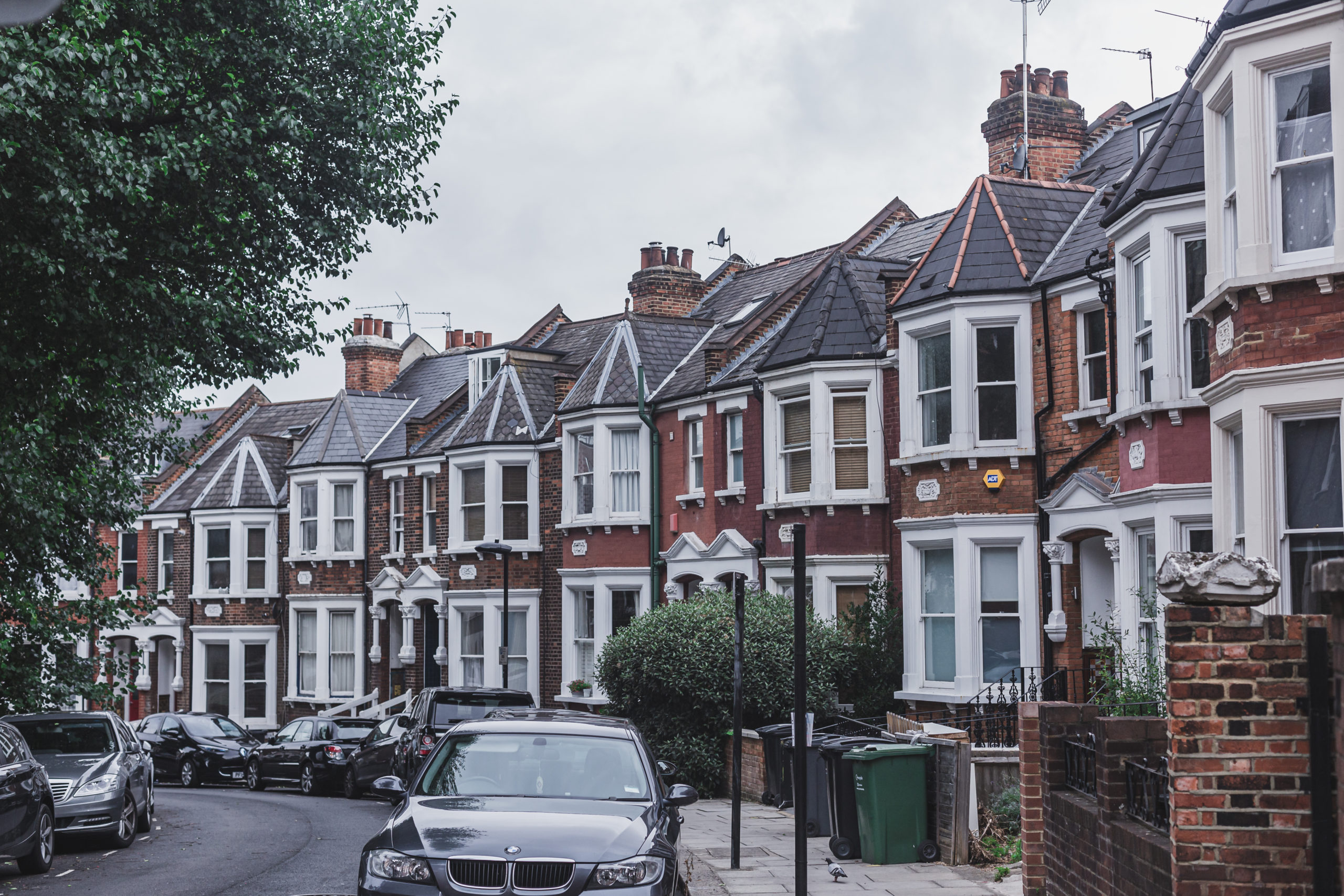
Piers Williamson, Chief Executive of THFC, gives evidence
Key points from Piers Williamson’s appearance at the LUHC committee
Piers Williamson, Chief Executive of THFC, was recently invited to give evidence to the Levelling Up, Housing and Communities Committee. The evidence session, which covered topics such as investment in social housing, development challenges, and governance, formed part of the Committee’s inquiry into ‘The finances and sustainability of the social housing sector’. Below are some of the highlights from the session.
Subsidised housing needs subsidy
Near the beginning of the session, Piers gave a run down of the history of grant rates and private finance in the sector and mentioned the common refrain “subsidised housing needs subsidy”.
He explained: “In 1987, interest rates were 10/12%. The maths of how you funded social housing was 90% grant, 10% debt, because it took 90% ‘free money’, with the prevailing rent levels to create a sustainable investment.
“In the run up to the credit crunch, interest rates were about 6.5%, grant rates were about 50%. [Nowadays] We are down at probably 15% grant, 85% debt.”
This segment provided some historical context as a starting point for the discussion.
HAs remain an attractive investment
MPs were keen to understand what makes social housing such an attractive investment to investors.
In response, Piers set out his ‘four-legged stool’ analogy, to describe the benefits of investing in social housing. These include:
- Grant – social housing is supported by grant funding from central government, to develop new homes
- Regulation – the sector is well regulated by the Regulator of Social Housing (RSH) with proven experience of regulatory interventions
- Cashflow certainty – Piers noted that 57% of rents are paid by the Department for Work and Pensions (DWP), which represents “significant embedded revenue subsidy”
- Mortgage model – Piers explains that the lending model is a straightforward mortgage model, which is easy to follow
Development will slow down
The Committee explored the combination of pressures housing associations are currently facing, including net zero costs, fire safety, decent homes, and development pressures.
Piers explained that housing associations do not have the necessary funds to deliver on all of these pressures and predicted that a development slowdown is coming, in order to offset other costs.
“The likely give, we would predict, is probably development expenditure, because the priorities are keeping your tenants safe and keeping your tenants in damp free homes.”
The sector’s governance has improved
Piers reflected on the few occasions where housing associations have gotten into trouble which ultimately led to their demise.
He said: “For 35 years, the main part of this market has been a default-free market. It would be wrong to say that HAs don’t go wrong. The good thing is four times out of five, they go wrong slowly. The one you have to look out for is the fifth.”
He recalled the downfalls of Ujima and Cosmopolitan, and the more recent example of Swan. Despite these examples, Piers suggested that the governance of the sector as a whole has improved.
“In my 20 years in the sector, I would say the standard of governance is much better than it was,” he said.
HAs are held accountable through ESG
MPs raised questions about the skills and experience in housing associations across the country and made comparisons to similar sized organisations in the corporate world. The cCmmittee wanted to understand whether housing associations are lacking the oversight and accountability that comes with shareholders.
Piers explained that while housing associations are not accountable to shareholders, they are held to account in other ways.
He explained: “I think on ESG, most institutional investors are now insisting upon their investments being verifiable and certifiable. That, in some ways, is a substitute for some of the scrutiny that shareholders might have.”
He added: “Those that have had public debt have always had rating agencies scrutinising their finances. There are other forms of scrutiny that I think are highly relevant.”
To watch the session in full, please follow the link: https://parliamentlive.tv/event/index/fe818b00-bb29-4920-920b-9dd90375a21f
